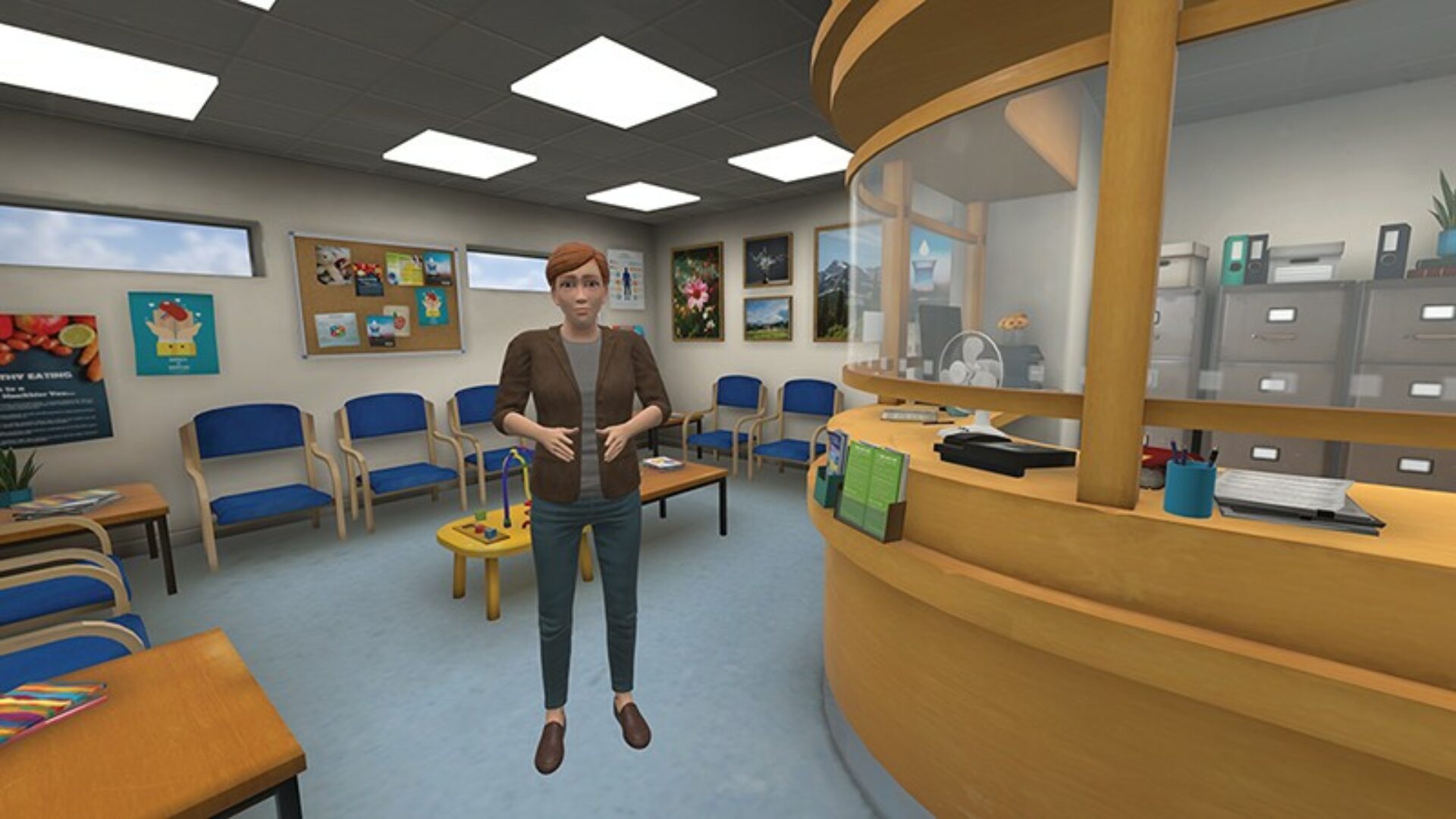
Naheen
As a creative person who experiences psychosis, I was intrigued when McPin announced they were looking for people to help shape a virtual reality (VR) therapy, called gameChange.
The aim of this project is to develop a VR treatment to help people with psychosis feel confident in everyday social situations.
This opportunity also appealed to me because I believe it is important to consider people’s lived experiences when developing a new treatment.
As service users, we may experience common symptoms, but we will inevitably differ in how we respond to them.
Having been involved in the design and testing of gameChange, I strongly believe that a therapy like this could be a beneficial addition to the array of treatments that are available to people with mental health issues – and over the last 14 or so years, I’ve tried many, including counselling, talking therapies and art therapy.
Benefits of VR
First off, gameChange is fun, spontaneous and allowed me to express myself! These are attributes that I’ve learnt are essential for me to thrive. In fact, choosing a scenario, for example a newsagent scene, and selecting a difficulty level at the beginning of each session, almost felt like a game. Yet importantly, this enabled me to identify and express what my needs were.
I also found gameChange more useful than therapeutic approaches that were focused on reflection or on understanding my past. Its virtual nature meant I received immediate feedback about my behaviours, which made it easier for me to identify and change unhelpful responses.
This real-time feedback had the added benefit of helping me feel grounded in the here and now, which felt similar to mindfulness or a good gym workout.
Another pivotal feature of gameChange is that it facilitates learning to be practiced in near real-world conditions.
Knowing that the scenarios were simulated, the difficulty levels could be controlled, and the virtual therapist was always with me, helped me feel safe and supported: for example, in a virtual street scene, when I saw a stranger approaching me in a threatening way and was surrounded by heavy traffic that felt painfully loud.
This is important because trying to practise skills in the real-world can often be overwhelming. Having a support worker accompany you could be a solution, but this isn’t usually possible due to limited resources.
gameChange also brought about improvements that I felt were more impactful than other therapies I’ve tried: it significantly boosted my confidence, self-esteem and general wellbeing.
This is because, when I encountered real-life situations that felt similar to those I had experienced in the gameChange programme, for example being in a crowded train or lift, or seeing people stressed and argue around me like in a family home environment, I was reminded of being back in this safe and supportive virtual space and was able to tap into the affirmative thoughts and feelings that I had developed there.
Managing the risks
However, despite its benefits I do think there are potential risks that need to be considered and clarified.
Could VR exposure increase symptoms of psychosis? Could people become addicted to VR, because it offers an escape from the difficulties of the real world? Could VR worsen loneliness and social isolation in some people?
There are also important questions to consider before VR treatments become part of routine mental health care. For example, when should someone ideally receive a VR therapy? And when would it be contraindicated?
Hopefully some of these questions will be answered by the gameChange trial that is currently underway. In this work, the treatment is being tested with many participants, and researchers will also be looking at how to implement the VR therapy effectively within NHS services.
Finally, I also feel that, despite how effective a treatment like gameChange seems to be, it should not replace other talking and creative therapies but rather co-exist alongside them. This is because as individuals, we all differ in terms of what’s right for us.
Naheen is a Lived Experience Advisor on the gameChange project. Learn more about gameChange on the McPin project page and the gameChange website.
